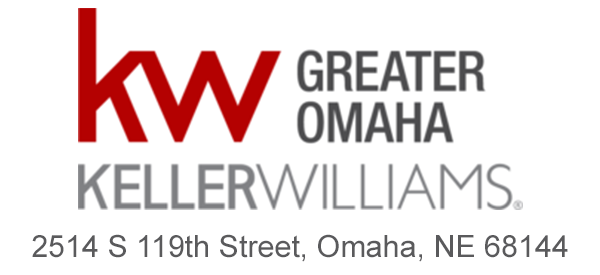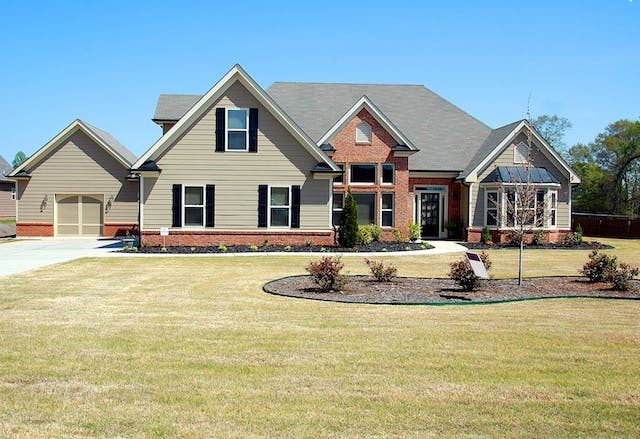Saving up for a down payment can be a significant challenge for many aspiring homeowners. While a down payment is typically required to secure a mortgage, there are exceptions such as VA loans.
When purchasing a home in Council Bluffs, a down payment is required. This initial payment is typically calculated as a percentage of the purchase price. While it can be as low as 3%, conventional mortgages usually require around 20% as a down payment.
When it comes to the down payment requirement for a mortgage, there are a few factors to consider. The type of mortgage you’re applying for, the property you’re buying, and your financial situation all play a role in determining the specifics. It’s important to understand these details to ensure you’re prepared and can make an informed decision.
Making a larger down payment can lead to benefits such as a lower interest rate and the ability to purchase a more expensive house. Additionally, larger down payments can result in smaller monthly mortgage payments.
Lenders require down payments because it helps reduce their risk exposure. By investing in the home, if you were to stop making mortgage payments, you would be walking away from a significant amount of money. Additionally, down payments also reduce the amount a lender has to provide you to make the purchase.
If you don’t have a large amount of money saved up to buy a house in Council Bluffs, don’t worry. There are down payment assistance programs that can help you out. Here are a few options to consider.
The Basics of Down Payment Assistance Programs
Down payment assistance programs are typically provided by state housing finance agencies, as well as cities, counties, and nonprofit organizations. These programs aim to assist individuals in securing the necessary funds for a down payment on a home.
Types of assistance might include:
• Grants, which are a gift of money that doesn’t need to be repaid.
• Forgivable, zero-interest loans are a beneficial option for homeowners. These loans do not require repayment as long as the borrower continues to own and reside in the home for a specified period, typically around five years. This arrangement provides financial support without the burden of repayment, making it an attractive choice for homeowners in need.
• Deferred payment, zero-interest loans are a great option for those who want to avoid making payments until certain conditions are met. With these loans, you won’t have to make any payments until your home is sold, your mortgage reaches its end, or you decide to refinance. This can provide financial flexibility and peace of mind.
• Low-interest loans are a helpful option for homeowners who need to spread out their down payment and closing costs over a longer period of time. These loans offer more flexibility by allowing borrowers to repay the money over a certain period instead of requiring a lump sum payment. This can make it easier for homeowners to manage their finances and afford the upfront costs associated with purchasing a home.
Who Can Access Down Payment Assistance?
It’s common for down payment assistance programs to target first-time buyers, but not all of them do. If you’ve previously owned a home, don’t worry. Some programs consider you a first-time buyer if you haven’t owned a home in the past three years. So, you may still be eligible for assistance.
There are also programs for specific demographics, like teachers or first responders.
When applying for down payment assistance programs, it is important to be aware that each program has its own specific requirements. These requirements can include meeting income limits, completing a homebuyer education course, purchasing in a specific location, or staying below a maximum purchase price. Additionally, some programs may require you to contribute your own funds towards the down payment. It is essential to carefully review the guidelines of each program to ensure eligibility and successfully navigate the application process.
How Can You Find a Program?
If you want to learn more about down payment assistance programs, reach out to Iowa or Nebraska’s housing finance authority or your local city or county government. The U.S. Department of Housing and Urban Development (HUD) can also provide state-specific information.
The Consumer Financial Protection Bureau has a tool that will link you to housing counselors where you live.
When applying for a mortgage with down payment assistance, it’s important to find a list of approved mortgage lenders for the program. Local agencies and programs assisting can help connect you with experienced loan officers.
Visit our blog every week for more real estate advice and local information about Council Bluffs and surrounding areas. Does your current home still suit the needs of your family? Maybe it’s time to upsize into something that fits your growing needs, or downsize to something more suitable? If you’re ready to make a move, let’s be sure to connect. You can contact me at 402-981-6999 or email me at [email protected]

